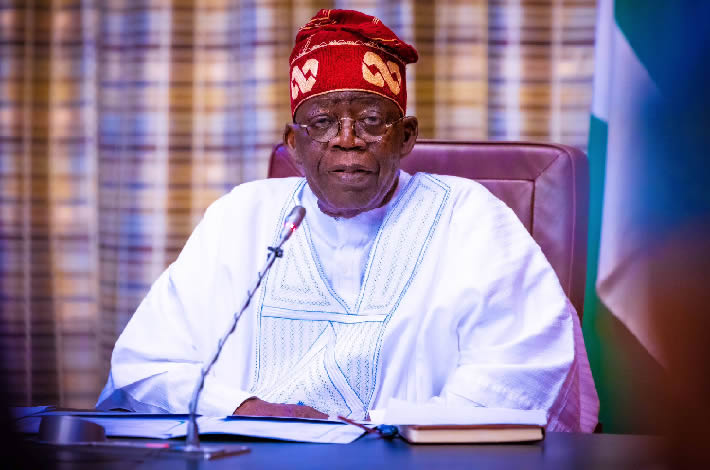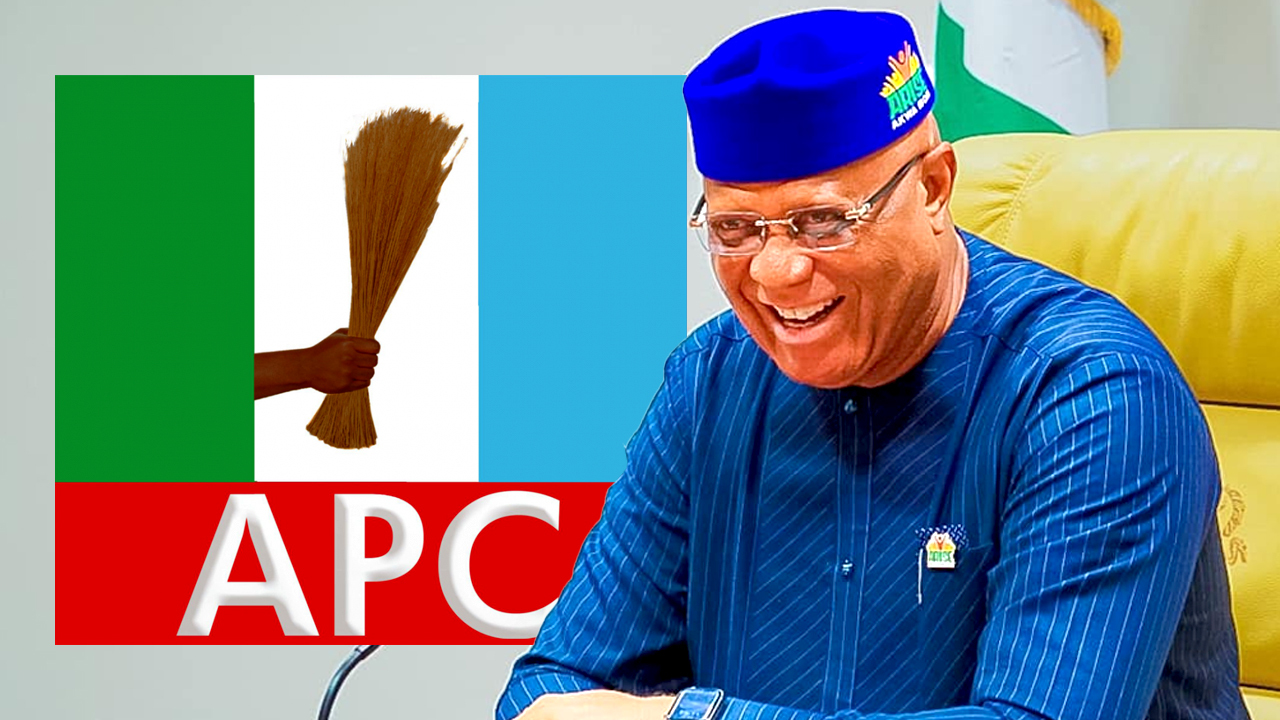The Unsaid Agenda Behind President Tinubu’s “Renewed Hope” and the 2027 Vision for Every Nigerian by Tolu Adebayo
Since assuming office, President Bola Ahmed Tinubu has been vocal about his commitment to a “renewed hope” for Nigeria—a vision that seeks to revitalize the nation’s socio-economic and political landscape.
As the country navigates complex challenges, including economic recovery, security concerns, and social cohesion, Tinubu’s administration has placed 2027 at the center of its strategic planning, signaling a pivotal year for Nigeria’s future. However, beneath the surface of these optimistic narratives lies an unsaid agenda that merits closer examination.
The Promise of Renewed Hope
President Tinubu’s rhetoric of “renewed hope” resonates deeply with many Nigerians who have endured years of economic hardship, insecurity, and political instability. His administration has prioritized reforms aimed at boosting economic growth, attracting investment, and improving governance. Initiatives to diversify the economy, strengthen infrastructure, and enhance education and healthcare systems are part of the broader strategy to build a more resilient Nigeria.
The 2027 timeline is significant, marking the end of Tinubu’s second term if re-elected, and representing a milestone by which his administration hopes to realize substantial progress. It encapsulates ambitions for a Nigeria that is more united, prosperous, and secure—a nation that can compete globally and provide better living standards for its citizens.
The Unsaid Agenda: Political Consolidation and Strategic Positioning
While the public discourse emphasizes national renewal, there is an underlying political calculus that cannot be ignored. The “renewed hope” narrative also serves as a tool for political consolidation. By framing 2027 as a definitive goal, Tinubu is effectively setting the stage for his legacy and influence beyond his tenure.
This agenda includes:
Strengthening Political Networks: Building alliances within and outside his party to ensure continued dominance in Nigerian politics. The focus on 2027 allows for strategic grooming of successors and allies who can sustain his policies and protect his interests.
Managing Regional and Ethnic Balances: Nigeria’s complex ethnic and regional dynamics require careful navigation. Tinubu’s approach to “renewed hope” includes fostering inclusivity while subtly reinforcing his political base, especially in the Southwest, ensuring his administration’s policies resonate across diverse groups.
Controlling the Narrative: By projecting optimism and a clear timeline, the administration diverts attention from immediate challenges such as inflation, insecurity, and governance gaps. This narrative control is crucial for maintaining public support and minimizing dissent.
Economic and Security Implications
The unsaid agenda also intersects with Nigeria’s pressing economic and security challenges. Tinubu’s administration must balance ambitious reform plans with the realities on the ground. The emphasis on 2027 creates a framework for gradual implementation but risks postponing urgent interventions needed today.
Security, in particular, remains a critical concern. The administration’s ability to deliver peace and stability will significantly influence the credibility of the “renewed hope” message. Behind the optimistic façade, there is intense pressure to devise effective strategies that address insurgency, banditry, and communal conflicts.
The Road Ahead: Balancing Vision with Reality
President Tinubu’s “renewed hope” and the 2027 vision offer a compelling roadmap for Nigeria’s future. However, recognizing the unsaid agenda behind these narratives is essential for a nuanced understanding of the current administration’s priorities.
For Nigerians, the challenge lies in holding the government accountable to its promises while remaining vigilant about the political maneuvers that may shape the country’s trajectory. The success of the 2027 vision will depend not only on policy implementation but also on transparent governance, inclusive politics, and genuine commitment to national unity.
While the rhetoric of renewed hope inspires optimism, it is imperative to critically engage with the deeper political and strategic intentions at play. Only through such engagement can Nigerians ensure that the vision for 2027 translates into tangible progress for every citizen.




